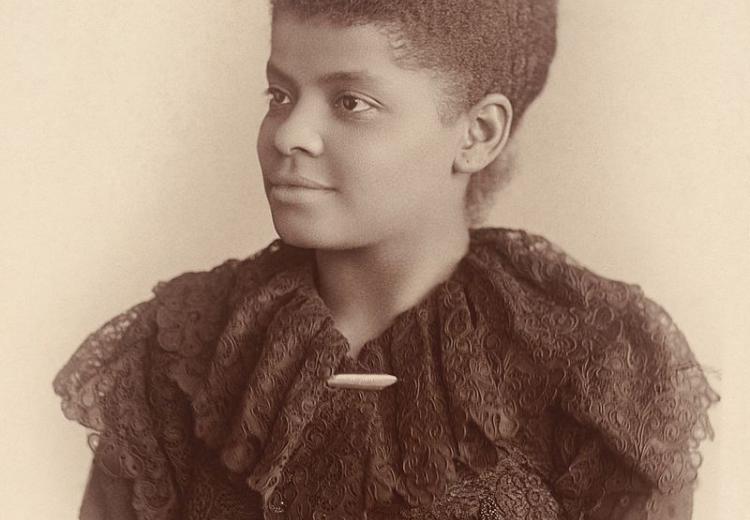NAACP's Anti-Lynching Campaigns: The Quest for Social Justice in the Interwar Years

Ida B. Wells Barnett, in a photograph by Mary Garrity (c. 1893).
In the twenty-first century, American citizens expect the federal government to protect their civil rights if the states fail to do so. This expectation is a consequence of the Civil Rights Movement of the 1950s and 1960s and was not engrained in the political and constitutional history of the United States for most of the twentieth century. In fact, most Americans prior in the first half of the twentieth century embraced the notion that police powers (i.e. laws that govern safety, health, welfare, and morals) were reserved to the individual states and saw little, if any, role for the federal government in protecting the health and safety of individuals.
The National Association for the Advancement of Colored People (NAACP) aggressively challenged this prevailing assumption during their anti-lynching campaign. Although NAACP's successful legal assaults on segregation in the 1940s and 1950s tend to overshadow the organization's earlier activities, obtaining federal anti-lynching legislation was their primary goal from 1909 to 1939. Unfortunately, this important chapter in the history of the NAACP has largely been forgotten or, at best, relegated to a footnote in most American history textbooks. In part, this can be explained by the fact that in both the 1920s and the 1930s proposed bills failed to become law. At the same time, much can be learned about how Americans in the interwar years understood the federal system, interpreted the Constitution, and responded to calls for social justice by examining the NAACP's anti-lynching campaign.
Guiding Questions
Why did the NAACP lobby the federal government to enact anti-lynching legislation?
What were the constitutional arguments for and against federal anti-lynching legislation in the interwar period?
What is the enduring legacy of lynching and Jim Crow in the United States?
Learning Objectives
Examine the history of the NAACP's anti-lynching campaign in the early 1920s and 1930s.
Assess the significance of the failure of Congress to enact anti-lynching legislation and its impact on social justice in the United States.
Evaluate the reasons for the failure of the NAACP's anti-lynching campaign in the 1930s.
Analyze the motives of the opposition to the various anti-lynching bills and the reasons for President Franklin D. Roosevelt's reluctance to support the bills.
